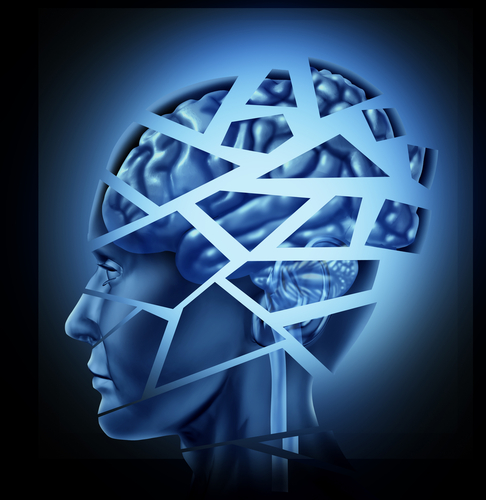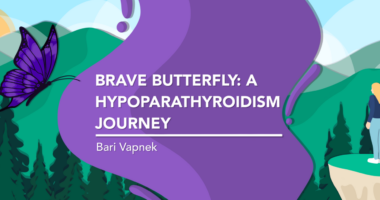Warning Signs of Depression in People With Hypoparathyroidism

Living with a chronic disease such as hypoparathyroidism can be overwhelming. Symptoms require lifelong monitoring and may include weakness, muscle cramps, abnormal sensations in hands and feet, excessive nervousness, uncontrollable spasms, and brain fog. Everyday disease management can significantly affect your quality of life and may even lead to depression.
What is depression?
Depression is a common but serious mood disorder. It affects how you feel, think, and manage your daily activities including sleeping, eating, and working. Current research suggests that it’s caused by a combination of genetic, biological, environmental, and psychological factors.
Risk factors
There are documented cases that suggest a link between hypoparathyroidism and depression, which may be a direct cause of the hormonal imbalance caused by the disease.
Sometimes medications that people take to treat physical illnesses may cause side effects that contribute to depression.
Signs and symptoms
If you are experiencing some of the following signs and symptoms most of the day, nearly daily, for at least two weeks, you may have depression. Keep in mind that not everyone who has depression experiences every symptom. The severity, frequency, and duration of these symptoms depend on the individual.
- Persistent sad, anxious, or “empty” mood
- Feelings of hopelessness or pessimism
- Irritability
- Feelings of guilt, worthlessness, or helplessness
- Loss of interest or pleasure in hobbies and activities
- Decreased energy or fatigue
- Moving or talking more slowly
- Feeling restless or having trouble sitting still
- Difficulty sleeping, or oversleeping
- Appetite and/or weight changes
- Thoughts of death or suicide
- Aches or pains that exist without a clear cause that are not eased with treatment
Treatment of depression
Even the most severe cases of depression can be treated. A doctor experienced in treating depression can help work out the best strategy. These include medications, psychotherapy, or a combination of both. There is no one-size-fits-all therapy.
Here are other tips that may help you during treatment for depression:
- Try to be as active as possible.
- Set realistic goals for yourself.
- Try to spend time with other people, and confide in a trusted friend or relative.
- Try not to isolate yourself, and let others help you.
- Expect your mood to improve gradually, not immediately.
- Postpone important decisions until you feel better.
Support groups and related resources
Sometimes it helps to talk things over with those who understand your illness. Below are links to some hypoparathyroidism support groups or resources that may connect you with other families affected by the disease:
- Hypoparathyroidism Association
- Light of Life Foundation
- Hypopara Lodge
- Aepios
- Hormone Health Network
- American Thyroid Association
- Natpara Patient Ambassadors (offered by Shire, now part of Takeda)
- Parathyroid UK
- Hypoparathyroidism France
Last updated: July 17, 2020
***
Hypoparathyroidism News is strictly a news and information website about the disease. It does not provide medical advice, diagnosis, or treatment. This content is not intended to be a substitute for professional medical advice, diagnosis, or treatment. Always seek the advice of your physician or other qualified health provider with any questions you may have regarding a medical condition. Never disregard professional medical advice or delay in seeking it because of something you have read on this website.





